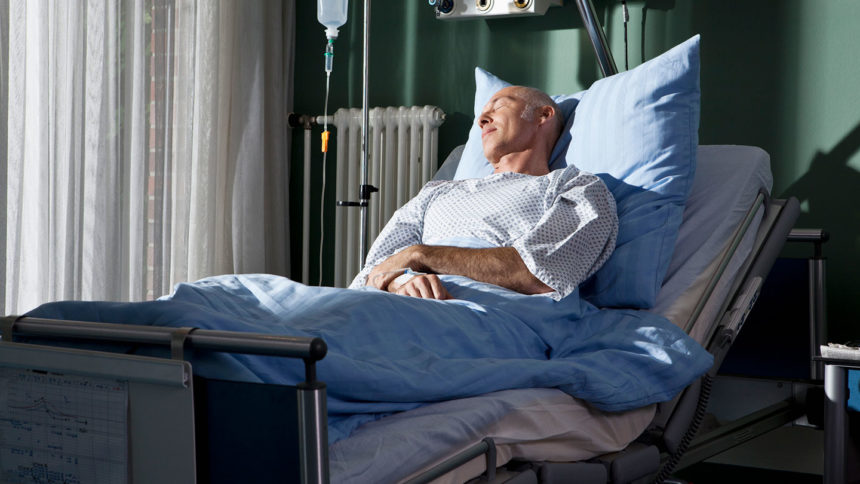
A COVID-era waiver of Medicare’s three-day stay requirement for skilled nursing coverage could be among the next to be retired, according to a top Medicare expert.
That’s despite repeated concerns from providers and patient advocates that the three-day stay rule acts as a “barrier” to care in non-pandemic times.
“My guess is it’ll probably be sunsetted along with the vast majority of the rest of the waivers,” said Lisa Grabert, a Medicare expert and research professor at Marquette University, who warned the waiver’s end could lead to a quick decrease in overall SNF stay volume.
Unlike telehealth waivers already granted a five-month extension beyond the Public Health Emergency by Congress, making the three-day stay waiver permanent hasn’t received much interest from lawmakers. Grabert said the Biden administration might just let it lapse when the public health emergency officially ends.
A group of bipartisan House lawmakers in June 2021 introduced legislation that would have counted time spent under observation status toward a three-day stay requirement, but the measure failed to gain traction.
But LeadingAge is working on new legislative measures that would allow observation stays to count toward the three-day stay requirement and a permanent waiver of the three-day stay rule, said Jodi Eyigor, the organization’s director of nursing home quality and policy.
“Eliminating the three-day stay requirement gives older adults and others the flexibility to access care when they need it, without the burden of unnecessary hospitalization,” Eyigor told McKnight’s Long-Term Care News on Thursday.
“The three-day stay requirement is a barrier to care,” she added. “Skilled care should be about the care received, not the circumstances preceding the need for care.”
CMS first waived the three-day stay requirement in March 2020. The waiver allows CMS to provide temporary emergency coverage of SNF services — without requiring a qualifying hospital stay — for people who need to be transferred as a result of COVID-19. For those who have exhausted their SNF benefits, the declaration also authorizes renewed SNF coverage without first having to start a new benefit period.
CMS data included in the SNF Prospective Payment System proposal rule for fiscal 2023 showed that about 86% and 81% of SNF beneficiaries had a qualifying prior hospital stay hospitalization in FYs 2020 and 2021, respectively. That’s compared to prior years when approximately 98% of SNF beneficiaries had a qualifying prior hospitalization.
Eyigor also noted that about 67% of people covered by Medicare Advantage and other alternative payment models are not beholden to the three-day rule.
The Department of Health and Human Services on Wednesday extended the PHE declaration for another 90 days — meaning that some COVID-19 regulatory flexibilities, including the three-day stay waiver, will be around through at least mid-July.
The Centers for Medicare & Medicaid Services last week issued a memo outlining a handful of waivers it will end over the course of the next two months. They include a popular temporary nurse aide training waiver, but not the three-day stay waiver, keeping it safe for now.
That gives supporters more time to find a permanent fix.
“While skilled care is often recommended following hospitalization, it’s not the only time this level of care is beneficial,” Eyigor reiterated. “Older adults and others aren’t required to stay longer than needed or make unnecessary trips to the hospital— which can lead to new problems like higher infection exposure, deconditioning, and delirium, not to mention higher out-of-pocket costs.”





